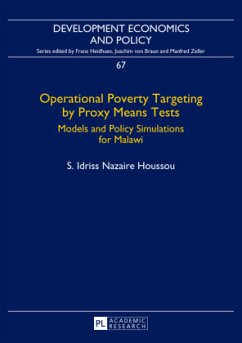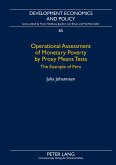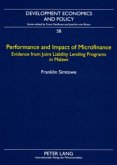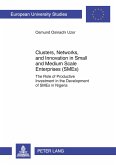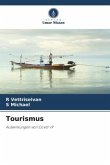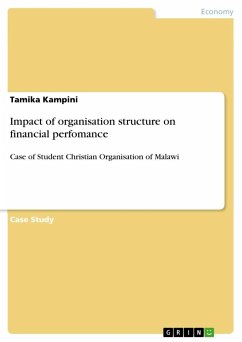This volume develops alternative methods for improving the targeting efficiency of development programs in terms of coverage of the poor and leakage to non-poor. The research sought to identify the best indicators for predicting how well off a household is. Using a set of innovative statistical methods and econometric tools, including out-of-sample validation tests, receiver operating characteristic curves, and bootstrapped simulations, this book demonstrates that using a proxy indicator-based system to target development programs such as fertilizer subsidy programs may be worth the extra effort and may improve program targeting and cost efficiency in Malawi. With increasing pressure to target better development programs at the poor and smallholder farmers in order to meet the Millennium Development Goals (MDGs), the methodology applied in this research can be extended to other developing countries.
The research on which this volume is based received the 2012 Josef G. Knoll European Science Award of the Foundation Fiat Panis (Germany).
The research on which this volume is based received the 2012 Josef G. Knoll European Science Award of the Foundation Fiat Panis (Germany).

